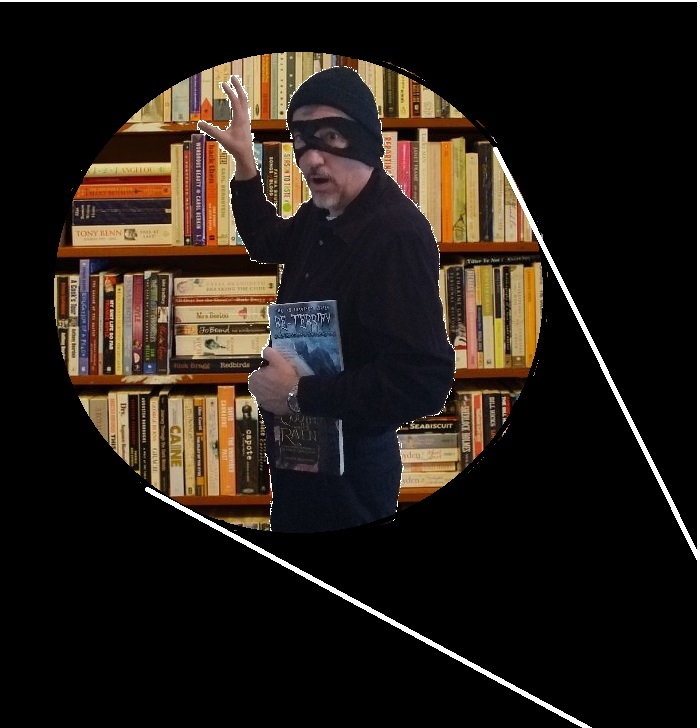If you’d love to write a story, are unsure what to write about, and you think every possible story has already been written, don’t worry. So long as you don’t plagiarize, there’s room in the world for your story.
It may seem like writers before you already used every possible plot, character type, setting, theme, mood, and style. Maybe they have, but not in the combination you’ll use. None of the previous authors brought the distinct flair to their stories that you’ll bring to yours.
What does this have to do with the ‘grand hotel’ mentioned in this post’s subject? Everything.

In 1924, German mathematician David Hilbert introduced what’s come to be known as the ‘paradox of the Grand Hotel.’ Imagine a big hotel, so big it contains an infinite number of rooms. You arrive at the front desk and ask if you can have a room for the night. The receptionist says the hotel is full, with every room occupied, but there are vacancies.
That makes no sense, but the receptionist picks up the public address microphone and directs all guests to move from their current room to the next higher numbered room. The receptionist then offers you Room number 1. Problem solved.
You enjoy your stay there. The next time you’re in town, you go to that hotel again. You forget to get a reservation ahead of time (again), and this time you’re accompanied by an infinite number of friends who all want separate rooms.
The receptionist again says the hotel is full, but also says there’s no problem accommodating you and your friends. Over the PA system, the receptionist instructs all current guests to move from their room to the one with a number two times their current room number. The receptionist then checks you and your many friends into the odd-numbered rooms.
You get where I’m going with this. We live in a world filled with an infinite number of stories, and they’ve all been written before. Even so, there’s room for yours. Since it will bear similarities to previous stories, lawyers would call it derivative. Don’t copy character names or significant sections of text from previously published work—lawyers call that copyright infringement. Stay clear of plagiarizing, and the possibilities still go on without end.
In fact, even if your brain teems with an infinite number of story ideas, you can write them all (well, as many as a human lifespan allows). The world can accommodate an infinite number of writers, each writing an infinite number of stories.
Write as many stories as you can. There’s room for them all, as well as those written by—
Poseidon’s Scribe

